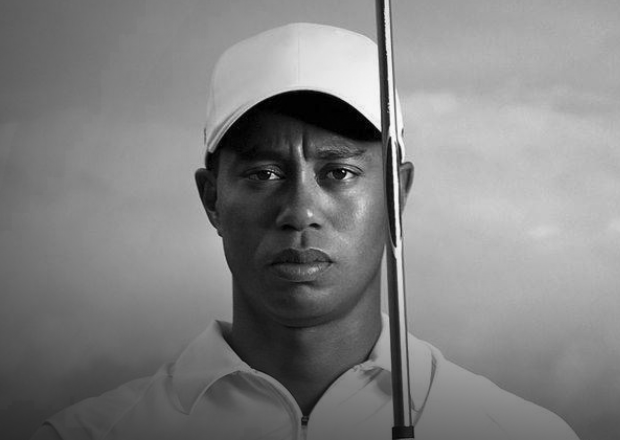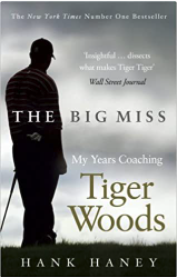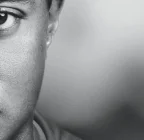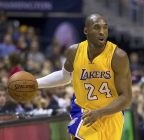HBO’s Tiger: Golf’s GOAT and American Avenger

Tiger holds up to a “warts and all” examination better than most of us might. The documentary got my creative juices flowing. I envisioned a graphic comic series that becomes a blockbuster movie: a new American Avenger, built around golf. Tweet
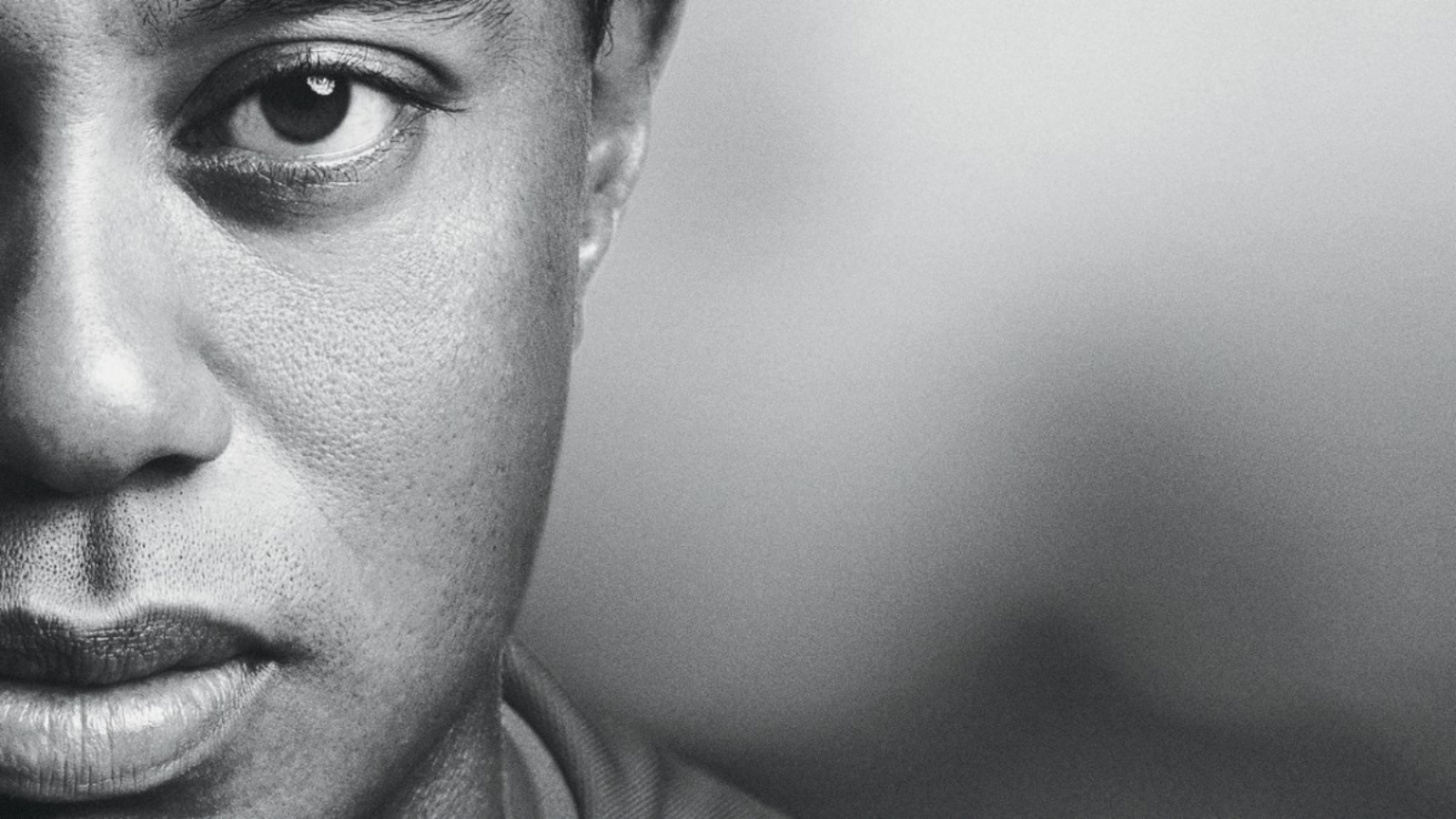
Highlights
Golf is a stage for mankind: on the golf course, deals are cut, and the fate of corporations and even nations are decided.
PGA is a stage for an international spy network, and our guy is its American Bond.
And since every superhero needs a nemesis –our hero’s is El Raton, a leading left-handed golfer with a penchant for gambling and insider trading.
If you haven’t yet seen HBO’s Tiger, set some time aside . . . Guy compels you.
The age of Tiger Woods was something to behold. Young or old, golfer or not, you could not help but follow his career. He redefined the level at which golf could be played, during an era when television redefined how sports could be presented.
Tiger redefined the level at which golf could be played, during an era when television redefined how sports could be presented.
Madison Avenue saw Tiger and created a cultural and capitalistic icon that transcended social divisions. Tiger chased formidable records that previous golf gods had established with a confidence that made it a matter of when – not if – those records would fall.
So, the pedestal was wheeled in, and Tiger climbed up on it. And, in November 2009, in front of the whole world, he took a giant swan dive into the abyss.
I am not a big fan of schadenfreude and took no joy in Tiger’s fall from grace. In fact, when I discovered how many girlfriends Tiger was juggling, I thought: damn, this guy really is a player. What I found most thought-provoking about the whole ordeal, though, was how Tiger’s public demise affected his skills. Tiger lost his game.
After Tiger had passed through the requisite redemption cycle, I longed for him to clear up his head and make his comeback. But he would never again reach the heights from which he dove. He won some tournaments, even a Masters in 2019 (and don’t put another big win past him), and along the way the world allowed him to put the incident behind him.
As you would expect from an unauthorized examination of a tight-lipped, even reclusive, global icon, HBO’s Tiger was not welcomed by the man. That said, Tiger holds up to a “warts and all” examination better than most of us might (I hesitate to think how Guy would have handled such fame). He is a fascinating character, and I would love to have an off-the-record drink with him.
A man of such preternatural skill does not rise out of nothing.
A man of such preternatural skill does not rise out of nothing. His dad, Earl, raised him with a golf club in his hands and a work ethic that made the most of his God-given skills. And Earl was a Green Beret: he added the dark arts of psychological warfare to Tiger’s abilities. And Tiger also has a Tiger mom – she played her own role and brought her own bag of mental tricks to Tiger’s game plan.
Perhaps the most touching statement in the biography is Tiger’s explanation of his attraction to scuba diving: “the fish don’t know who I am.” Of course, up on the ground, everyone knows who Tiger is, and there are few moments where he is not under some sort of scrutiny.
None of us can possibly know how well we would handle our lives under constant, unrelenting observation. Ultimately, we may conclude that the upside of such fame is not worth the downside. In the information age, being rich and famous might well come in second place to being rich and anonymous.
In the information age, being rich and famous might well come in second place to being rich and anonymous.
The documentary got my creative juices flowing. I envisioned a graphic comic series that becomes a blockbuster movie: a new American Avenger, built around golf. (I am not wedded to doing this through Marvel.)
Our main character – let’s call him Chetah – was nurtured by U.S. Intelligence to dominate the world of golf and then use the game as a cover to defend American interests against all enemies foreign and domestic. After all, golf is a stage for mankind: on the golf course, deals are cut, and the fate of corporations and even nations are decided. The game itself channels the inner sanctums of the brain. We become focused hunters, wielding a club, striking with skill (some of us more skillful than others). The primordial drive to excel at this activity pushes us to want to associate with others who possess such abilities.
Enter Chetah. Our hero is naturally invited into the company of the world’s most powerful men and gains insight and access into the movements of men and nations. The PGA is a stage for an international spy network, and Chetah is its American Bond. Whether in Scotland, Abu Dhabi, or Augusta, he is there not only to play the game and win, but also to thwart terrorists, drug and human trafficking cartels, and the illiberal designs of despotic regimes. Whatever the threat to the American way of life, Chetah neutralizes it.
Assisting him is a national network of station chiefs – all women, who communicate with him through coded sexting
Assisting him is a national network of station chiefs – all women, who communicate with Chetah through coded sexting. And since every superhero needs a nemesis – a Moriarty, a sociopath to cross paths and purposes with – Chetah’s is a leading left-handed golfer with a penchant for gambling and insider trading. Those who know him best refer to him as El Raton.
As you’d expect, such a man attracts similar dark souls among the world’s global elite. Just as Chetah goes unknown, El Raton is an unknown global scoundrel, using the cover of the game to further the interests of a global criminal syndicate.
And while our protagonist and antagonist don’t come into direct contact with each other until much later in the series, each encounters the other’s proxies and plans. Each knows, hauntingly, that there is someone out there like him, but on the other side of the good and evil divide.
If Tiger has been his own worst enemy at times, he might welcome this version of himself as a superhero with an outside agitator. It plays to his strengths.

